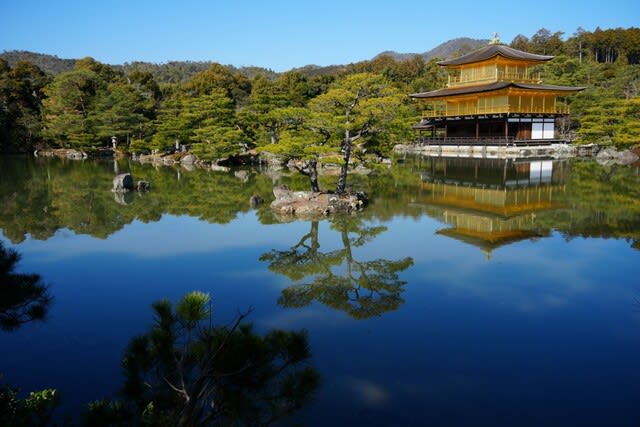the nuclear power plant regulatory committee should reflect on them seriously.
2019/10/8
The following is from Ms. Yoshiko Sakurai's paper published on the front page of yesterday's Sankei Shimbun, entitled 'The nuclear power plant regulatory committee should reflect on them seriously.'
As mentioned many times, Ms. Yoshiko Sakurai is not only a person who deserves the National Honor Award but also a Saichō who lives in the present, and it is no exaggeration to say that she is a Japanese national.
There was a lot of cash at the bottom of the candy box.
Gold coins and US dollar bills were also handed over.
It was when Kansai Electric Power's leaders received 100 million yen from the former deputy mayor of Takahama-Cho, Fukui, where the Takahama nuclear plant is located.
I was surprised that this was happening nowadays.
The background of exchanging money and goods for the collapse of credit highlights the case's complexity.
Kanden explained that money and goods could not be returned because the former deputy mayor reprimanded them.
There is a deep darkness in society where threats and absurdity prevail.
Still, as a responsible company, there would have been a way to manage and deposit money and goods at the company.
Kanden's responsibility for failing to do so must be questioned strictly.
Some respondents are concerned that the restart of the nuclear power plant, which has already been significantly delayed due to the scandal of Kanden, will be further delayed.
However, the confusion between Kanden's receipt of money and goods and Japan's energy policy undermines national interests.
Japan is now in an unprecedented situation in the world with regard to a nuclear power policy.
The main reason is that the nuclear regulatory committee (regulatory committee), consisting of five members following Mr. Fuketa Toyoshi, has not reached the world standard as an expert group and is therefore not functioning effectively.
Although specific examples of the fact that they are not organized as an expert group will be described later, the evaluation of the regulator of the international community authority on nuclear power, the International Atomic Energy Agency (IAEA), is rigorous.
In January 2016, they dispatched a team of 19 senior experts to Japan for 12 days for evaluation by the Regulatory Commission and the NRA.
The report, about 130 pages, frankly describes the need for significant improvements in light of the cold situation of the regulatory committee.
As a Sanjo Committee, the Regulatory Commission is guaranteed strong independence, and the government cannot intervene.
Strong authority has a heavy responsibility for it.
Excellent human resources are needed to fulfill critical responsibilities.
However, the IAEA criticized that the 'regulatory committee's human resources and management system, especially its organizational culture, are in the early stages' and 'does not have staff capable of carrying out the assigned duties.' It is.
The criticism that Japanese regulations are unpredictable and random is precisely to hit the mark.
Mr. Sarata and his colleagues should deeply remember this point.
To promote the advanced safety culture of the nuclear power plant, the Regulatory Commission has been recommended by the IAEA to 'consider introducing concrete measures such as awareness-raising training or awareness survey.'
People who do not work at the front line of the international community dominate Japan's nuclear power field.
But no one can put a word in.
Next year, the IAEA will investigate how the regulatory committee has overcome and improved the problems pointed out earlier.
The Regulatory Commission has made slight improvements or resolutions during this time, so the results must be very severe.
The mission of the Regulatory Commission is to examine the safety of nuclear power plants scientifically, rationally, and promptly, operate them, stabilize the power supply, and contribute to the realization of a rich national life.
However, there are no cases where the review is made scientifically and reasonably quickly, such as in the case of the nuclear power plant, where the review is prolonged.
A representative example is Japan's latest pressurized water reactor, Hokkaido Electric Power Tomari Unit 3.
This article continues.

2024/2/13 in Kyoto



















